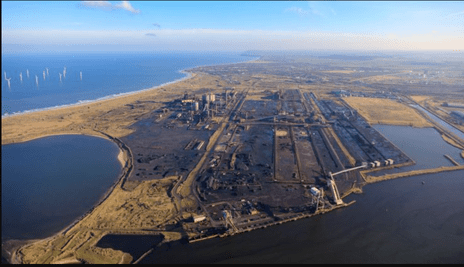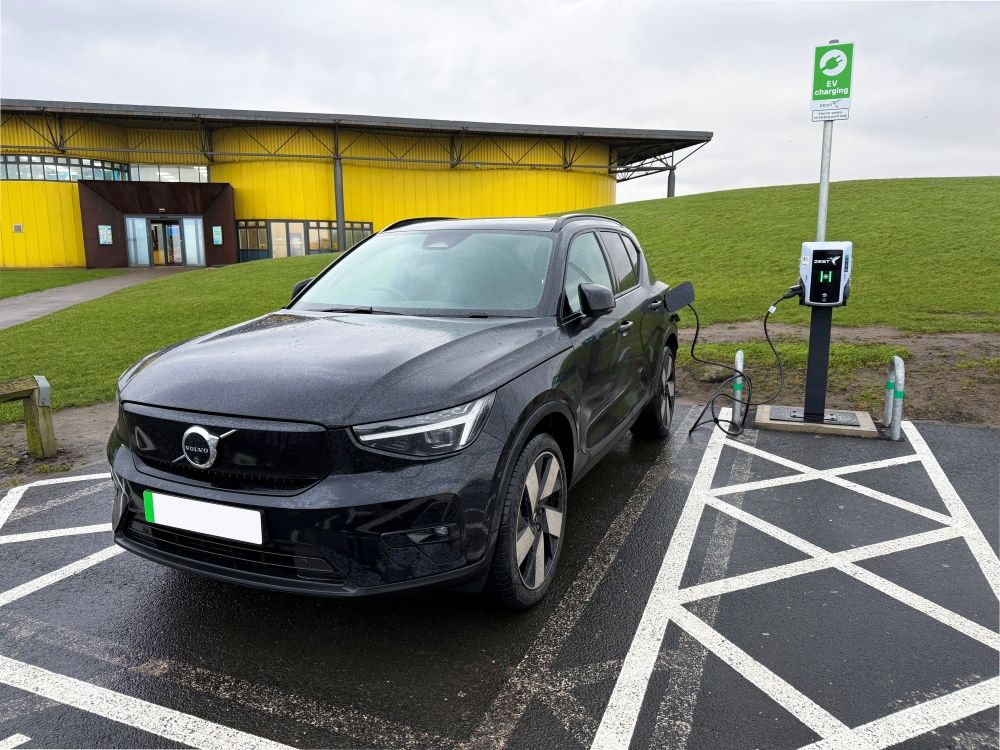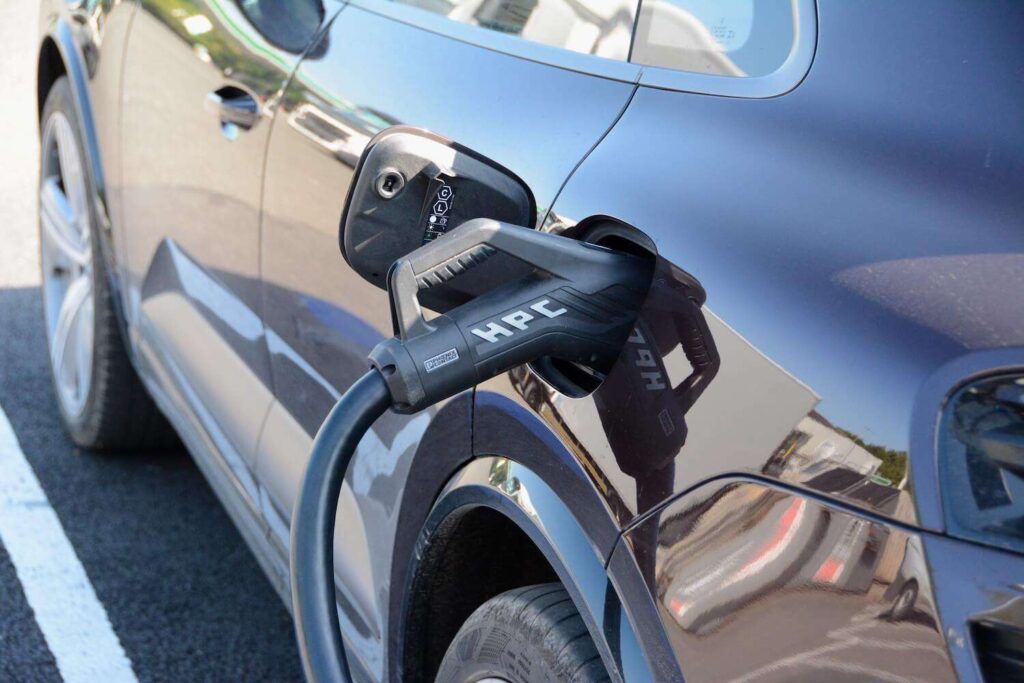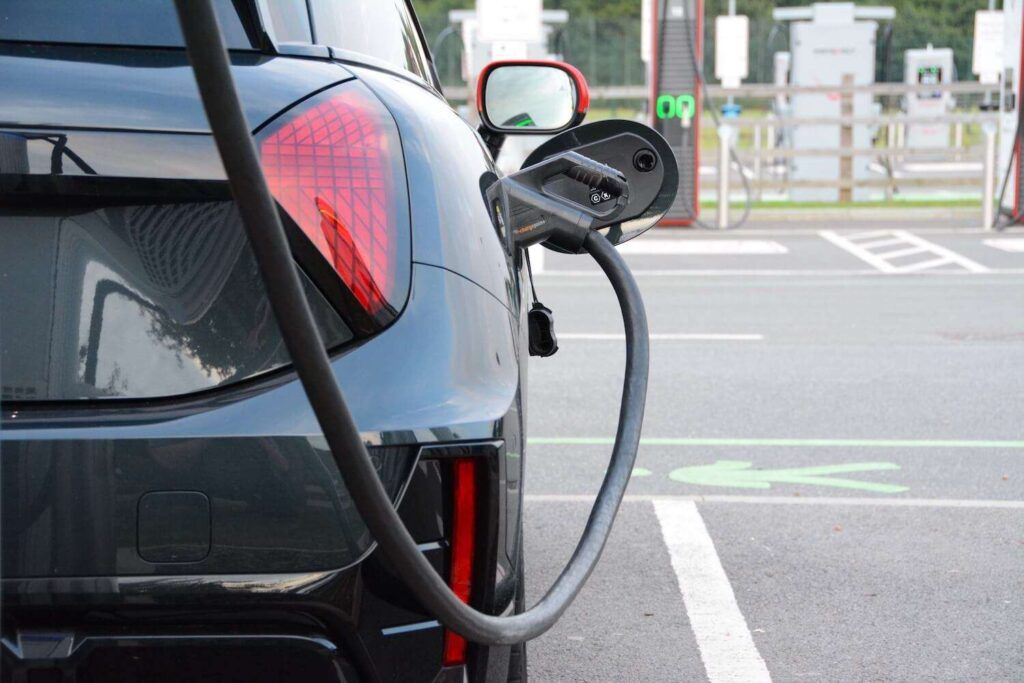Energy firm BP has announced plans for a large scale blue hydrogen production facility, targeting 1GW of hydrogen production by 2030.
The project would capture and send for storage up to two million tonnes of carbon dioxide (CO₂) per year, equivalent to capturing the emissions from the heating of one million UK households.
The proposed development, dubbed H2Teesside, has close proximity to North Sea storage sites, pipe corridors and existing operational hydrogen storage and distribution capabilities. Industries in Teesside account for over 5% of the UK’s industrial emissions and the region is home to five of the country’s top 25 emitters.
The project could begin production in 2027 or earlier with BP having begun a feasibility study into the project to explore technologies that could capture up to 98% of carbon emissions from the hydrogen production process.
With large-scale, low cost production of clean hydrogen, H2Teesside could support the conversion of surrounding industries to use hydrogen in place of natural gas, playing an important role in decarbonizing a cluster of industries in Teesside, the energy firm said.
Blue hydrogen is produced by converting natural gas into hydrogen and CO₂, which is then captured and permanently stored. H2Teesside would be integrated with the region’s already-planned Net Zero Teesside (NZT) and Northern Endurance Partnership (NEP) carbon capture use and storage (CCUS) projects, both of which are led by bp as operator.
The project’s hydrogen output could provide clean energy to industry and residential homes, be used as a fuel for heavy transport and support the creation of sustainable fuels, including bio and e-fuels.
Dev Sanyal, BP’s executive vice president of gas and low carbon energy said: “Clean hydrogen is an essential complement to electrification on the path to net zero. Blue hydrogen, integrated with carbon capture and storage, can provide the scale and reliability needed by industrial processes. It can also play an essential role in decarbonising hard-to-electrify industries and driving down the cost of the energy transition.
“H2Teesside, together with NZT and NEP, has the potential to transform the area into one of the first carbon neutral clusters in the UK, supporting thousands of jobs and enabling the UK’s Ten Point Plan.”
UK Energy Minister Anne-Marie Trevelyan, said: “Driving the growth of low carbon hydrogen is a key part of the Prime Minister’s Ten Point Plan and our Energy White Paper and can play an important part in helping us end our contribution to climate change by 2050.
“Clean hydrogen has huge potential to help us fully decarbonise across the UK and it is great to see bp exploring its full potential on Teesside.”
“Clean hydrogen is an essential complement to electrification on the path to net zero. Blue hydrogen, integrated with carbon capture and storage, can provide the scale and reliability needed by industrial processes.”
- image courtesy of BP












